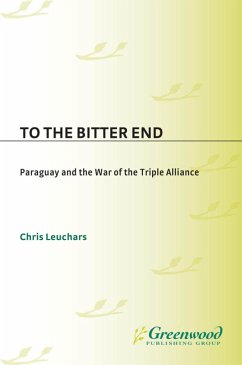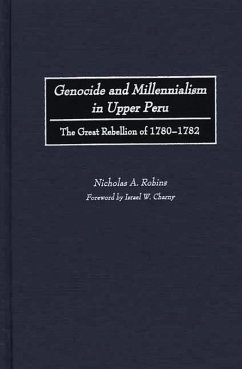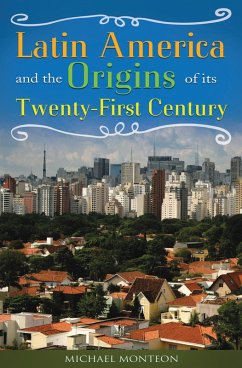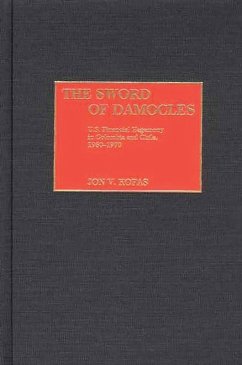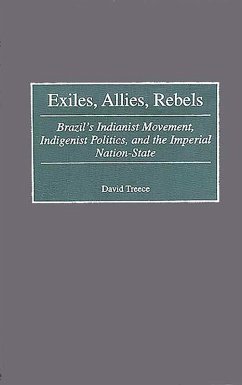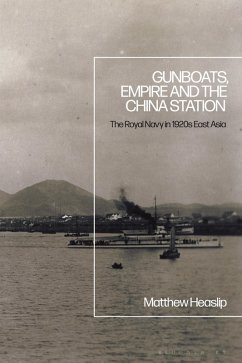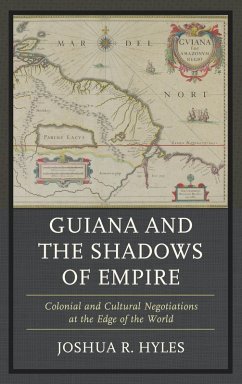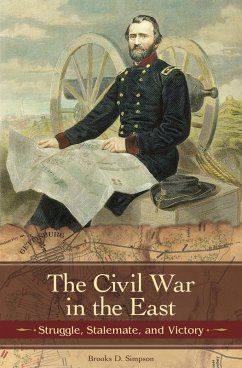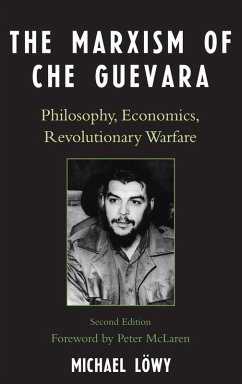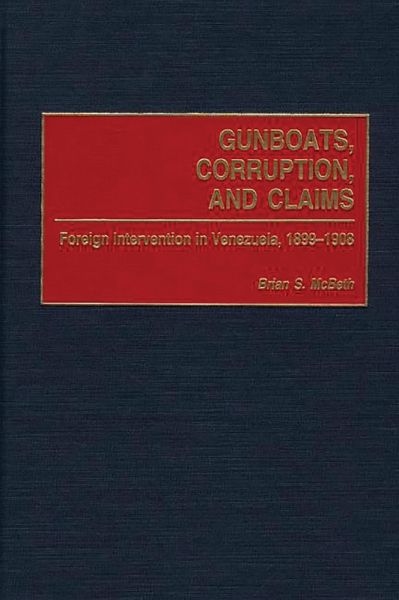
Gunboats, Corruption, and Claims (eBook, PDF)
Foreign Intervention in Venezuela, 1899-1908
Versandkostenfrei!
Sofort per Download lieferbar
58,95 €
inkl. MwSt.
Weitere Ausgaben:

PAYBACK Punkte
29 °P sammeln!
The Cipriano Castro administration, which ruled Venezuela from 1899 to 1908, was characterized by a series of internal and external political crises which seemed capable of toppling it at any moment. In 1901, a number of foreign countries provided financial backing to Castro's former allies, united under the leadership of Manuel Antonio Matos, who almost brought the government down. In the midst of this civil war, Germany, the United Kingdom and later Italy instituted what came to be known as the peaceful blockade of Venezuela to force the government to honor its foreign debts. The claims and ...
The Cipriano Castro administration, which ruled Venezuela from 1899 to 1908, was characterized by a series of internal and external political crises which seemed capable of toppling it at any moment. In 1901, a number of foreign countries provided financial backing to Castro's former allies, united under the leadership of Manuel Antonio Matos, who almost brought the government down. In the midst of this civil war, Germany, the United Kingdom and later Italy instituted what came to be known as the peaceful blockade of Venezuela to force the government to honor its foreign debts. The claims and counter-claims stemming from the conflict would eventually force the three foreign countries to sever diplomatic relations in the ensuing years. Far from its portrayal as a nationalist champion, the Castro administration was, in McBeth's findings, more focused on the accumulation of personal wealth than on defense of Venezuelan interests. Castro would pay dearly for his misdeeds, losing power in a 1908 coup to Juan Vicente Gómez and remaining in exile until his death in 1924. The conflict would prove to be a watershed in relations with Latin America, as the United States modified its own foreign policy in response and the European powers became more aware of the limit of their political influence in the region.




